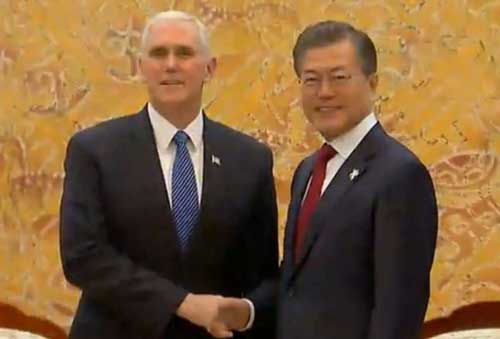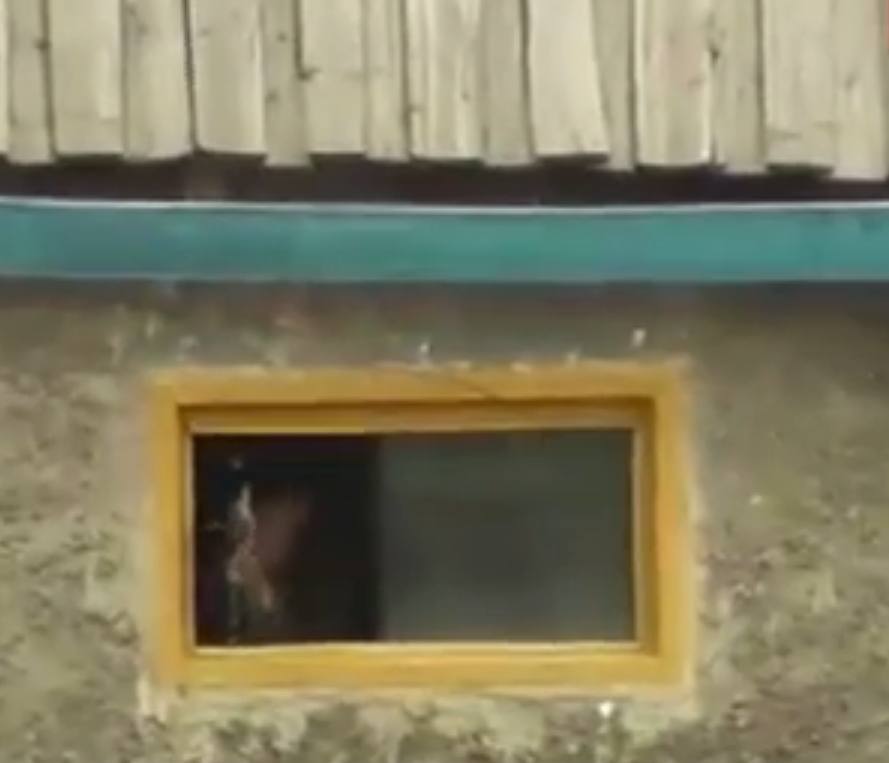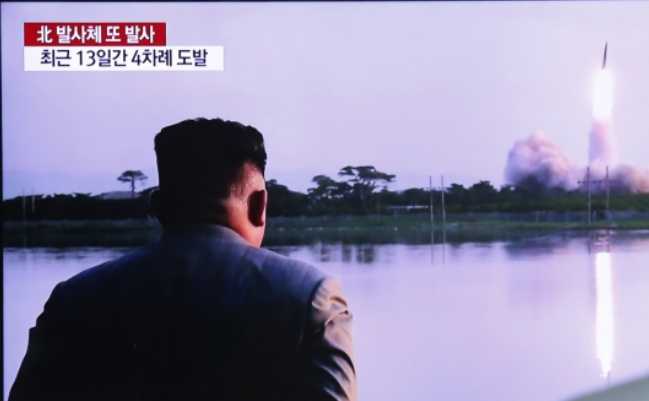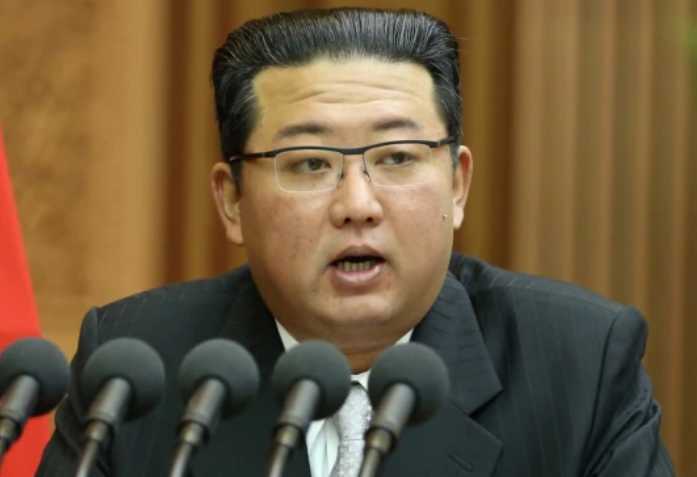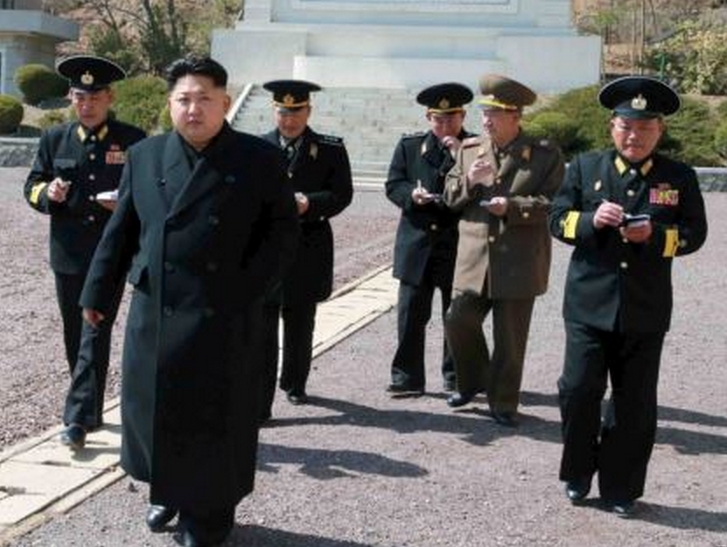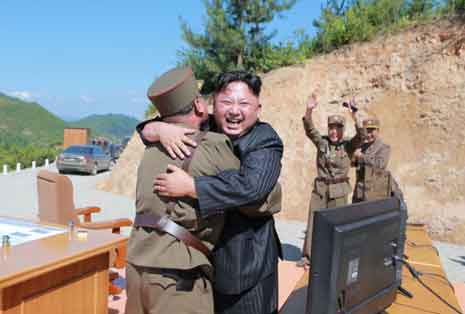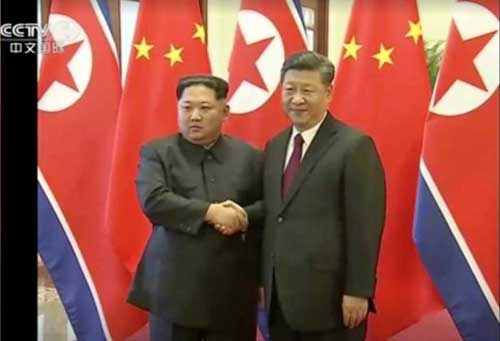SEOUL — U.S. President Donald Trump insists his North Korea policy is “doing great.” South Korean President Moon Jae-in says talks with Pyongyang are “making steady progress.”
Ahead of Trump’s visit to South Korea later this week, the only side that seems to disagree about how great things are going is North Korea.
North Korea’s Foreign Ministry Thursday lashed out at Washington and Seoul, suggesting it could completely pull out of stalled nuclear talks.
The statement, posted on the Korean Central News Agency, warned there is no guarantee negotiations would resume, even though the United States “repeatedly talks about resumption of dialogue like a parrot.”
The article also reiterated North Korean leader Kim Jong Un’s end-of-the-year deadline for the United States to change its approach to the nuclear talks.
“The U.S. would be well advised to bear in mind that our repeated warning is not merely an empty word,” said Kwon Jong Gun, director-general of the Department of American Affairs at the North Korean Foreign Ministry.
Widening gap
The comments underscore the widening gap between the conciliatory language used by U.S. and South Korean officials on the one hand, and the increasingly combative rhetoric from North Korea on the other.
“There is a big disconnect,” said David Kim, who specializes in East Asia security policy at the Washington-based Stimson Center. “Optics are one thing, but I’m really hoping there is some forward momentum at the top.”
Stalled talks
Talks have been stalled since a February Trump-Kim summit in Vietnam ended without a deal. Kim was unhappy with the pace of U.S. sanctions relief, while Trump was upset Kim would not commit to completely giving up his nuclear program. Since then, North Korea has ignored U.S. requests to restart working level talks.
There was some optimism after Trump and Kim recently exchanged personal letters. Trump called the notes “beautiful,” while Kim said he was “seriously contemplating” their “interesting” content.
[content id=”79272″]
South Korea’s Moon announced Wednesday the United States and North Korea are involved in “behind the scenes” dialogue on a third Trump-Kim summit. He also suggested North and South Korean officials are holding talks.
But the North Korean Foreign Ministry statement on Thursday denied the existence of any inter-Korean talks, and rejected the notion of Seoul as a mediator.
“The South Korean authorities are now giving a wide publicity as if the North and the South are having various forms of exchanges and closed-door meetings,” the statement said. “But the reality is the contrary.”
“The South Korean authorities would better mind their own internal business,” the statement added.
Trump to visit DMZ?
During his two-day visit to South Korea, Trump is set to hold talks with Moon. Trump may also visit the demilitarized zone separating the two Koreas, according to South Korean officials.
There was speculation Trump may use a DMZ visit to hold a third summit with Kim. But before leaving Washington, Trump said he would “not quite” meet with the North Korean leader.
“But I may be speaking to him in a different form,” Trump said, without elaborating.
Both Trump and Kim frequently praise their friendly relationship and have said they are open to a third summit. U.S. officials haven’t commented on Moon’s suggestion that planning for such a meeting is underway.
Hostile rhetoric to continue?
Though North Korea has escalated its hostile rhetoric, it appears to be doing so carefully. Instead of attacking Trump, North Korean officials and state media articles take aim at lower level White House officials.
And though North Korea last month resumed testing ballistic missiles for the first time in a year and a half, it has refrained from testing longer-range missiles that would be seen as a major provocation.
For now, many analysts expect the pattern to continue.
“It’s a strategy to enforce their bargaining power,” said Won Gon Park, professor of international politics at South Korea’s Handong Global University. “Kim is willing to talk … but North Korea’s position remains unchanged.”
Lee Juhyun contributed to this report.
Source: VOA

